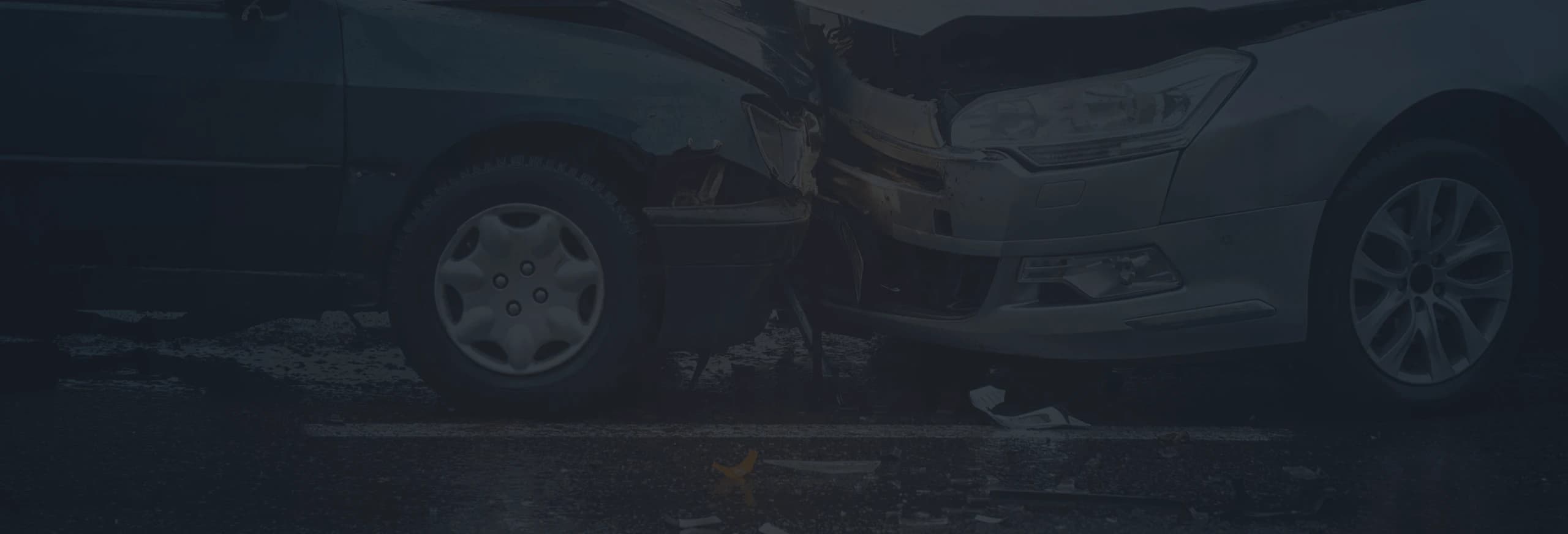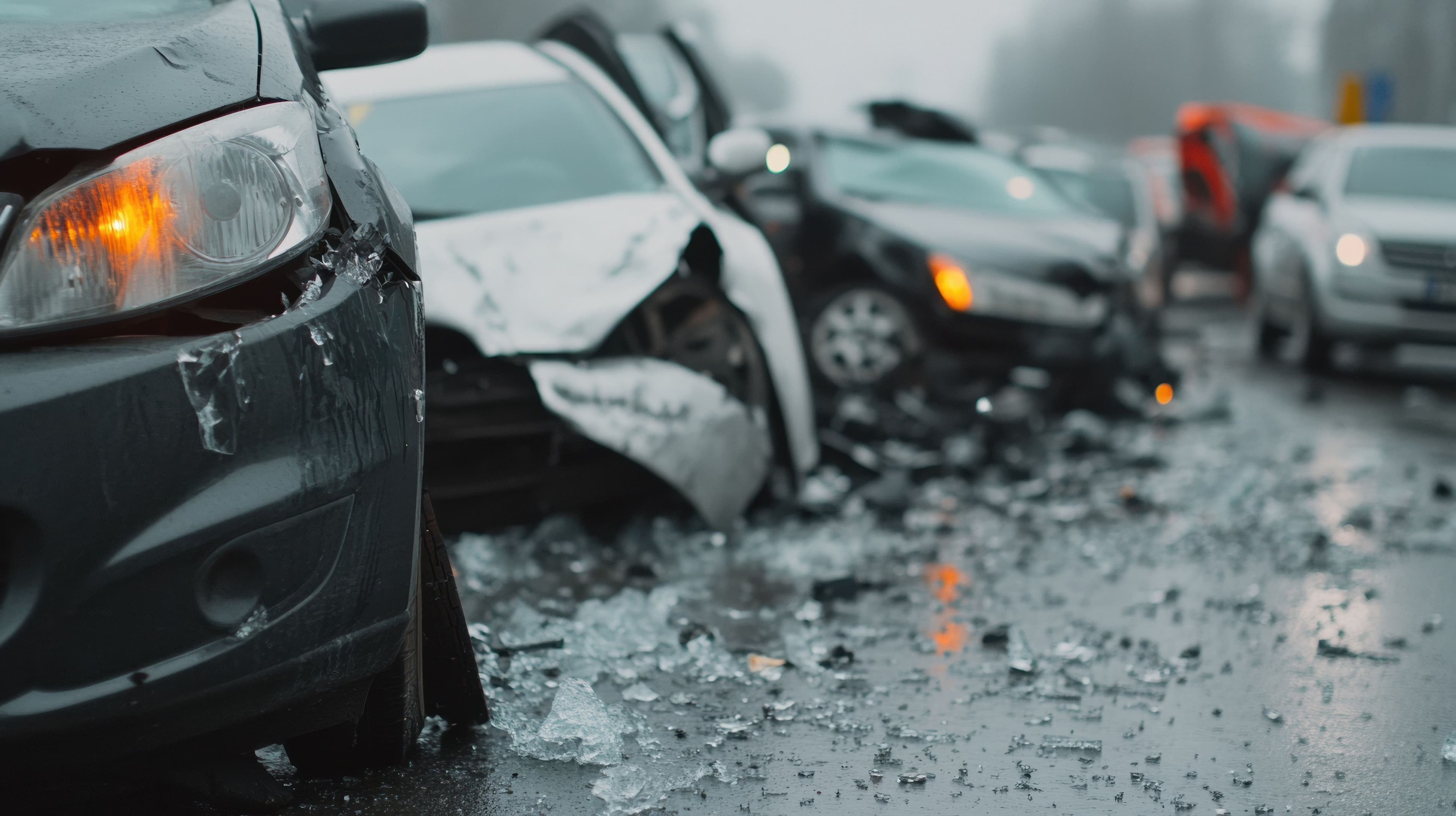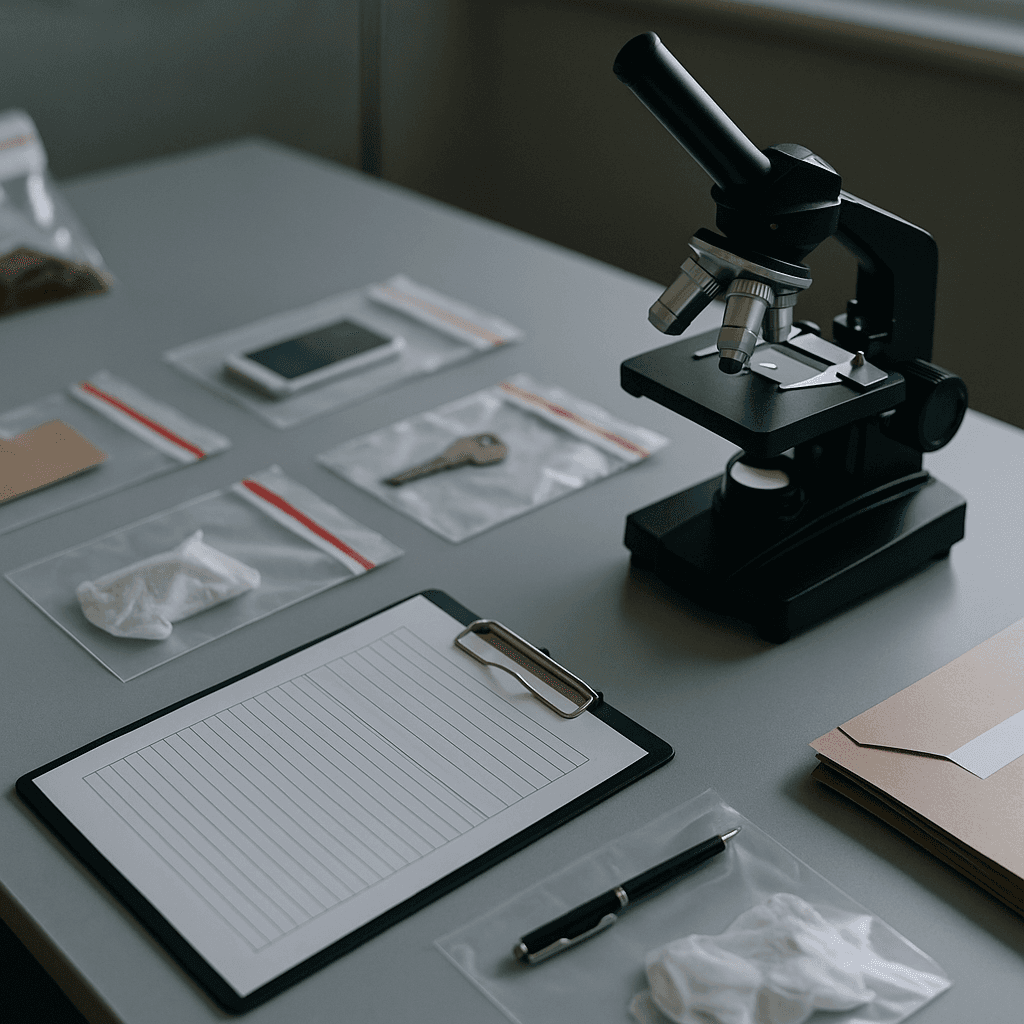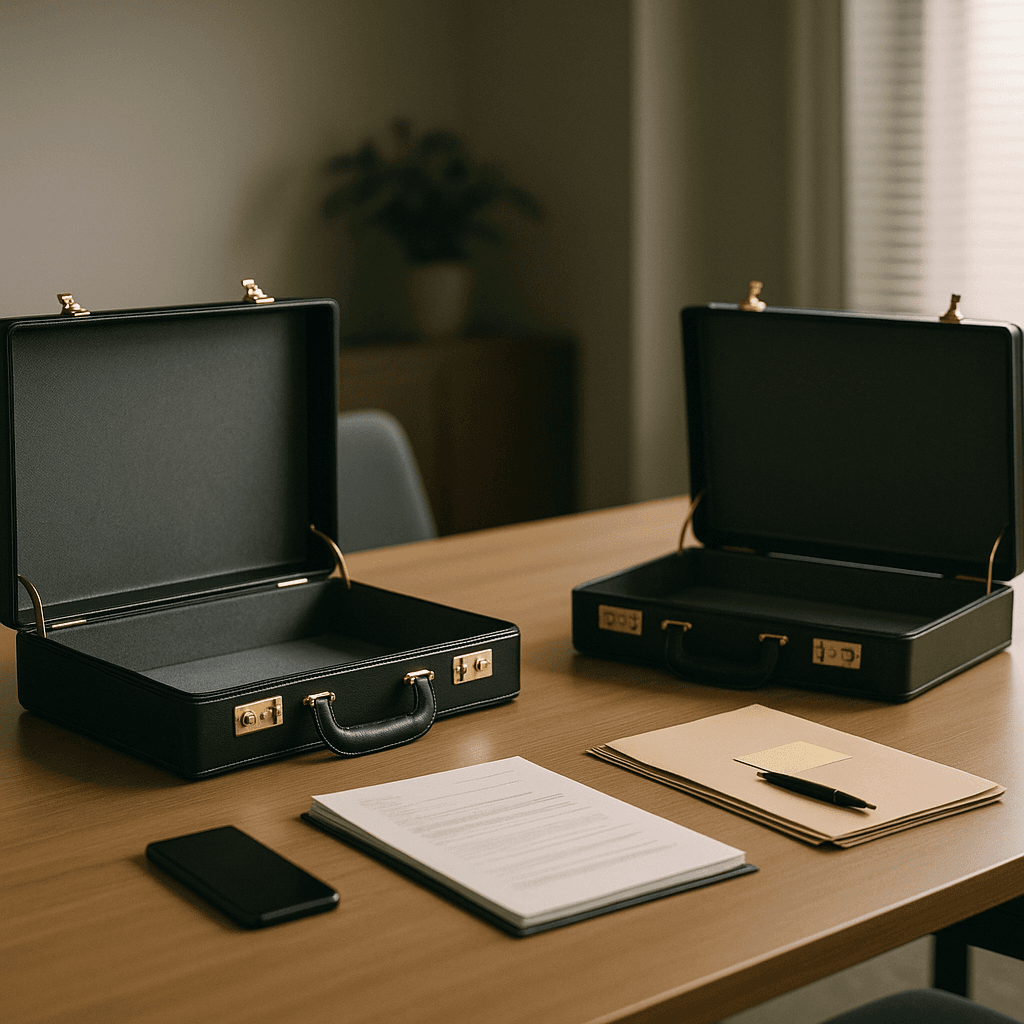
Liability and Compensation in Multi-Car Crashes

One morning, while heading to work, you end up stuck at a red light. Suddenly, someone slams into your car from behind. You emerge from your car, ready to give them a piece of your mind, but the driver points his finger at the truck behind him. The trucker hit him first, he claims. Now you’re confused. Who’s really at fault in this multi-car crash?
Insurance claims can quickly become very complicated when an accident involves more than two vehicles. Below, a bus accident lawyer explains how multi-car crashes can affect liability and the outcome of your claim.
What Causes Multi-Car Accidents?
Just like a regular accident, multi-vehicle accidents have quite a few causes. These include:
- Reckless driving: No matter how responsible you are behind the wheel, there will always be a few bad apples sharing the road with you. Reckless drivers frequently cause multi-car crashes by speeding, tailgating, aggressively switching lanes, and simply not paying attention.
- Bad weather: Whether you live in tornado alley or in a coastal locale that experiences hurricanes, you’re no stranger to how the weather can affect driving conditions. Icy roads, in particular, are a big cause of multi-car crashes.
- Alcohol: Drivers who indulge in one too many alcoholic beverages may tear down the highway with complete disregard for the safety of others.
- Night driving: About 50% of all fatal accidents happen after the sun dips below the horizon. The hours just before dusk are dangerous, too, due to the glare of the setting sun.
Contact our team today so we can fight to help you get the compensation you deserve.
The Many Types of Multi-Vehicle Crashes
It’s important to understand what type of multi-car crash you were involved in, as that can affect liability and compensation. Common types of multi-vehicle crashes include:
- Rear-end collisions: Rear-end collisions happen when a driver rams into the back of the car in front of them, sometimes setting off a chain reaction of accidents. Typically, the driver who hit the leading car is at fault.
- Pile-ups: A pile-up involves vehicles that are crushed (or sometimes, stacked) together. After a pile-up, you might see cars scattered across the highway for miles. It’s often difficult to determine liability due to the number of drivers involved.
- Side-impact collisions: Side-impact crashes occur when a driver hits the driver’s or passenger’s side of a car. Such accidents commonly happen when someone fails to yield the right of way or runs a red light.
- Head-on collisions: Head-on collisions involve a driver hitting a car from the front. These accidents can happen when someone makes a turn without looking or drives into oncoming traffic.
How Multi-Car Accidents Can Affect Compensation
Imagine this scenario: Lucy is driving to pick her children up from school when another driver slams into the side of her car. The driver points to another car stopped at the intersection and claims that that driver hit them first. He wouldn’t have hit Lucy had that driver not been speeding. Who is at fault here?
This story illustrates how complex multi-car accidents can be. Multiple drivers could be liable, and it’s often hard to know which insurance companies to file claims with. Matters become even more complicated if one of the drivers was on the clock when they hit you. That driver’s employer might be liable, too.
Your state’s contributory or comparative negligence rules also play a big part in how much (if any) compensation you can win. In states that follow pure contributory negligence doctrines, you cannot recover damages if you’re even 1% at fault. These states include Alabama, North Carolina, Virginia, Maryland, and the District of Columbia.
Comparative negligence, on the other hand, reduces the amount of compensation based on a driver’s degree of fault. For example, if a driver was 30% at fault for an accident, they could recover 70% of their damages. In states that use modified comparative negligence, drivers can’t recover damages if they are more than 50% or 51% at fault. The majority of states follow some type of comparative negligence rules.
Free Consultation 24/7, call (844) 343-9609
Determining Who Is at Fault in a Multi-Car Crash
After reporting a motor vehicle crash, the first question you’ll likely ask is, “Am I injured?” The second will probably be, “Whose fault is this?”
The process of determining fault begins with the responding officers who first arrive on the scene. They examine the accident’s aftermath, take pictures, interview witnesses, and talk to all the involved drivers. If they suspect any drivers of being intoxicated, they administer alcohol or drug tests.
Insurance companies will try to prove fault, too, and they have a vested interest in doing so. They don’t want to be on the hook for paying compensation, so they’ll fight tooth and nail to prove that it was the “other guy” who’s to blame. Insurers can squabble for months over which one is on the hook for the accident.
What if an insurer says the accident is your fault? In this case, you’ll need a lawyer. Your lawyer will thoroughly investigate the case and provide evidence that paints you in a good light. Having an attorney is especially important in pure contributory negligence states, where being just 1% at fault bars you from compensation.
Call (844) 343-9609
What To Do After a Crash Involving Multiple Vehicles
To increase your chances of a fair settlement after a multi-vehicle crash:
- Collect as much evidence as you can at the accident scene, including witness statements and photos of your car.
- See a doctor promptly after the accident. Investigators can use medical treatment records to determine how the accident happened.
- Request the police report, which may have the responding officer’s opinions on who is liable.
- Call a car accident attorney to handle liability determination for your case.
Not Sure Who Is at Fault for Your Accident? Call Accident Hotline
Need help navigating your multi-car crash? If the insurance company says that you, not the defendant, are liable, call Accident Hotline at (844) 343-9609 for a free consultation. We’ll connect you with an attorney from our trusted network who will fight to win a fair settlement for you.
For a free consultation, call (844) 343-9609
Blog Posts:

The Role of Expert Witnesses in Injury Litigation
Why Expert Witnesses Matter in Personal Injury Cases In personal injury litigation, facts alone are often not enough. While evidence like medical records, photographs, and witness statements paint part of the picture, juries and insurance companies frequently need context and explanation to understand the full scope of an injury and its impact. This is where expert witnesses play a pivotal role. Expert witnesses are professionals—often doctors, engineers, economists, or accident reconstruction specialists—who provide testimony based on their specialized knowledge. Their objective is not to advocate for one side but to clarify complex issues that require professional interpretation. In many cases, their opinions help bridge the gap between evidence and understanding, making them critical to achieving fair compensation.

How Insurance Companies Evaluate Injury Claims
How the Evaluation Process Really Works When you file a personal injury claim, the insurance company begins a process that is anything but simple. Behind every offer or denial, there's a calculated evaluation designed to protect their bottom line. Insurers use data-driven methods, past claim outcomes, and internal guidelines to assess how much—if anything—they believe your case is worth. The goal of the insurance adjuster is straightforward: to settle your claim for as little as possible while closing the file quickly. They'll review your medical records, accident details, and even statements you've made to determine liability and damages. The more organized and detailed your claim presentation, the harder it is for them to undervalue it.

The Dangers of Handling a Personal Injury Case Without Legal Help
Understanding What's at Stake After an accident, it's natural to want to resolve things quickly. Medical bills begin piling up, your work may be disrupted, and insurance adjusters often seem eager to "help." Many people believe they can handle their personal injury claim on their own—especially if the situation seems straightforward. But personal injury law is complex, and even minor missteps can lead to significant financial loss. Without professional guidance, you may underestimate your claim's value, miss critical deadlines, or make statements that insurers later use against you. The legal process is designed to protect both sides, and insurance companies have experienced professionals working to limit payouts. Without an equally skilled advocate on your side, you're at a clear disadvantage. That's why consulting a personal injury lawyer early in the process is often the difference between fair compensation and a costly mistake.

When Should You Switch to a Different Injury Lawyer?
Knowing When It's Time for a Change Choosing the right attorney after an accident is one of the most important decisions you'll make in your recovery journey. However, not every lawyer-client relationship is a perfect fit. Sometimes, despite your best efforts, you may realize that your current representation isn't meeting your expectations. Whether it's poor communication, lack of progress, or a sense that your case isn't being handled effectively, recognizing when to switch attorneys can make all the difference in the outcome of your claim. Switching to a new personal injury lawyer doesn't mean starting over from scratch—it means taking control of your case and ensuring it receives the attention and effort it deserves. Understanding what to expect from your legal representation can help you identify the warning signs that it might be time for a change.
Get an agent on the line in seconds
Responsive
Legal Assistance
Our personal injury attorneys advocate for the funds necessary to cover bills, secure medical treatment, recoup lost wages, and provide compensation for your pain and suffering.
Are you facing unfair treatment from the insurance company?
Do you know the value of your case?
Is the insurance company asserting that the accident is your responsibility?

We'll get back to you ASAP.
Get Your Free Consultation
You Pay Nothing Unless We Recover Compensation For You
